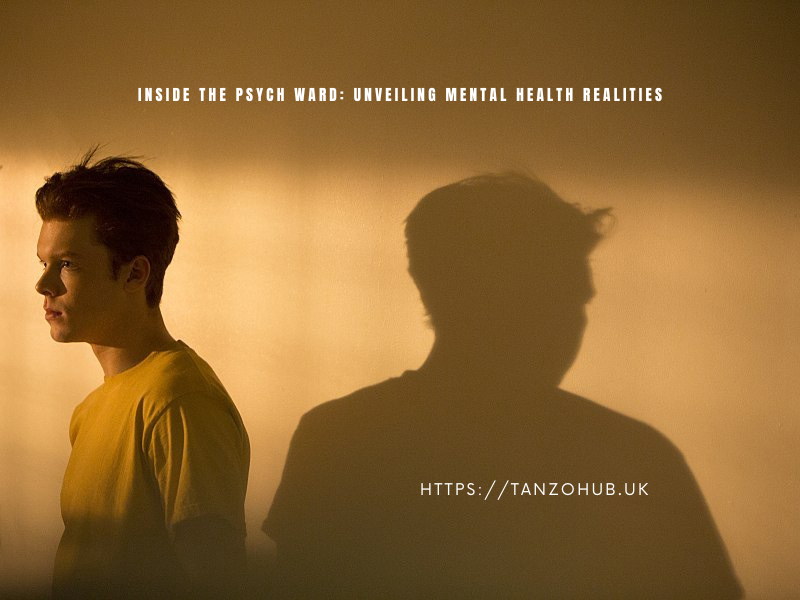Introduction
Emotional well-being is a point that frequently remains covered in shame and misconstrued. This article plans to strip back the layers and shed light on the real factors of psychological wellness treatment, especially inside the bounds of a mental psych ward.
Navigating the Mental Health Landscape
Understanding Mental Health
Prior to digging into the complexities of a psych ward, it’s pivotal to lay out a fundamental comprehension of emotional wellness. Psychological instabilities influence millions around the world, with a range going from nervousness and gloom to additional serious circumstances like schizophrenia and bipolar disorder.
The Role of Psychiatric Wards
Mental wards act as fundamental parts of the emotional wellness care framework. In spite of mainstream thinking, these offices are not spots of control yet rather spaces where people can get particular treatment and backing during testing times.
Admission and Assessment
Seeking Help
Admission to a mental ward frequently starts with a singular looking for help or, at times, mediation by concerned companions, family, or medical care experts. Recognizing the requirement for help is a urgent initial step.
Initial Assessment
Upon confirmation, people go through an exhaustive evaluation by a group of psychological wellness experts. This assessment decides the most fitting course of treatment, whether through drug, treatment, or a mix of both.
Daily Life in the Psych Ward
Routine and Structure
Psych wards operate on carefully structured routines to provide stability and predictability. Daily activities may include group therapy sessions, individual counseling, medication management, and recreational activities to foster a sense of normalcy.
Peer Support
One often underestimated aspect of psych ward life is the peer support that develops among patients. Sharing experiences and challenges with others who understand can be a powerful catalyst for healing and recovery.
Stigma Surrounding Psychiatric Wards
Breaking the Stigma
Despite their essential role in mental health care, psychiatric wards face persistent stigma. Dispelling myths and misconceptions is crucial in fostering a more empathetic and informed society.
Balancing Safety and Autonomy
Security Measures
Mental wards execute safety efforts to guarantee the wellbeing of patients and staff. While these actions might appear to be prohibitive, they are intended to find some kind of harmony among wellbeing and individual independence.
Focus on Recovery
It’s vital to recognize that psychiatric wards are not solely about containment but are dedicated spaces for healing. Emphasizing a patient’s journey towards recovery is paramount in reshaping public perception.
Compassionate Caregivers
The Role of Healthcare Professionals
The individuals working within psychiatric wards play a pivotal role in the recovery process. From psychiatrists and nurses to therapists and support staff, their collective efforts contribute to creating a compassionate and healing environment.
Family Involvement
Support Beyond the Ward
Incorporating family members into the treatment process is often encouraged. Their involvement provides additional support and aids in creating a network for ongoing care once the individual leaves the psychiatric ward.
Conclusion
In conclusion, demystifying the realities of psychiatric wards is essential for fostering a more compassionate and understanding approach to mental health. By breaking down barriers and challenging misconceptions, we can collectively contribute to a society that supports and embraces individuals on their journey to mental well-being.
Other Important Articles To Read
- Filmygod Unveiled: Download the Yes Movies App
- fintechzoom Crypto Facto FintechAsianet Dawn
- Mystery of Code 02045996870 What Is
- Hugo Barbier Camera Sukıtır Electric Bikes
- Celine Dion health Chapter 1 Myrtle Gonzalez
- QXEFV?WellHealthOrganic Spicyrranny buffalo milk tag
- Exploring Aiyifan Kokoa TV Geometry Spot
Stay updated with the latest business news and trends on Tanzohub.uk. Contact us : tanzohubuk@gmail.com
